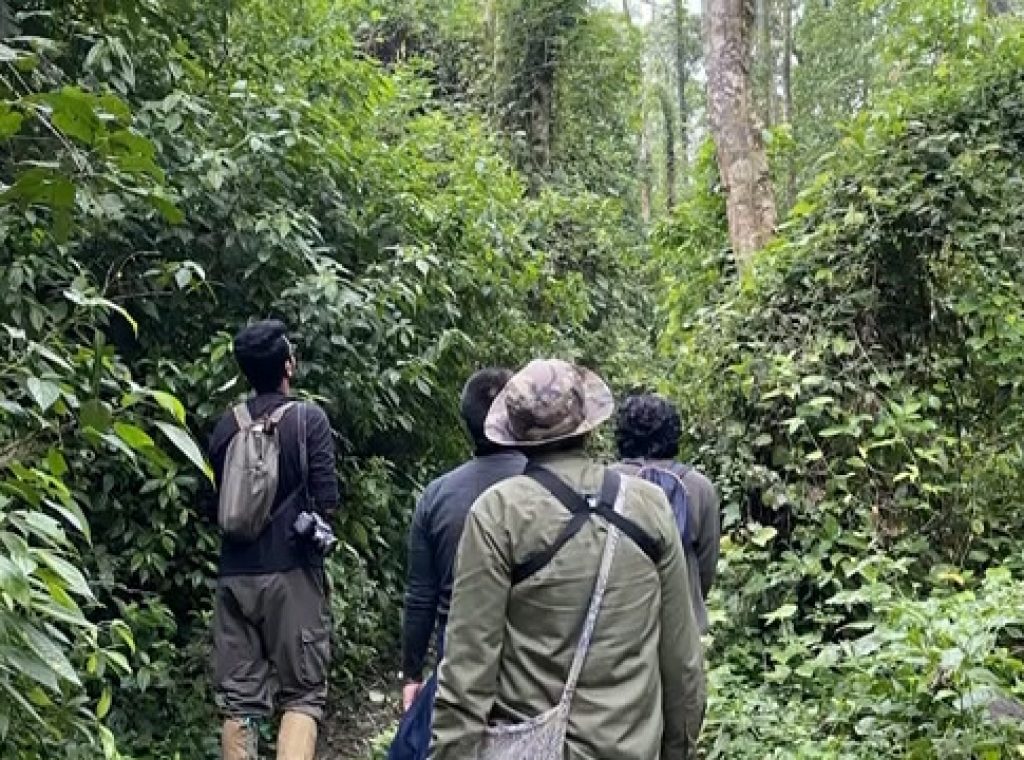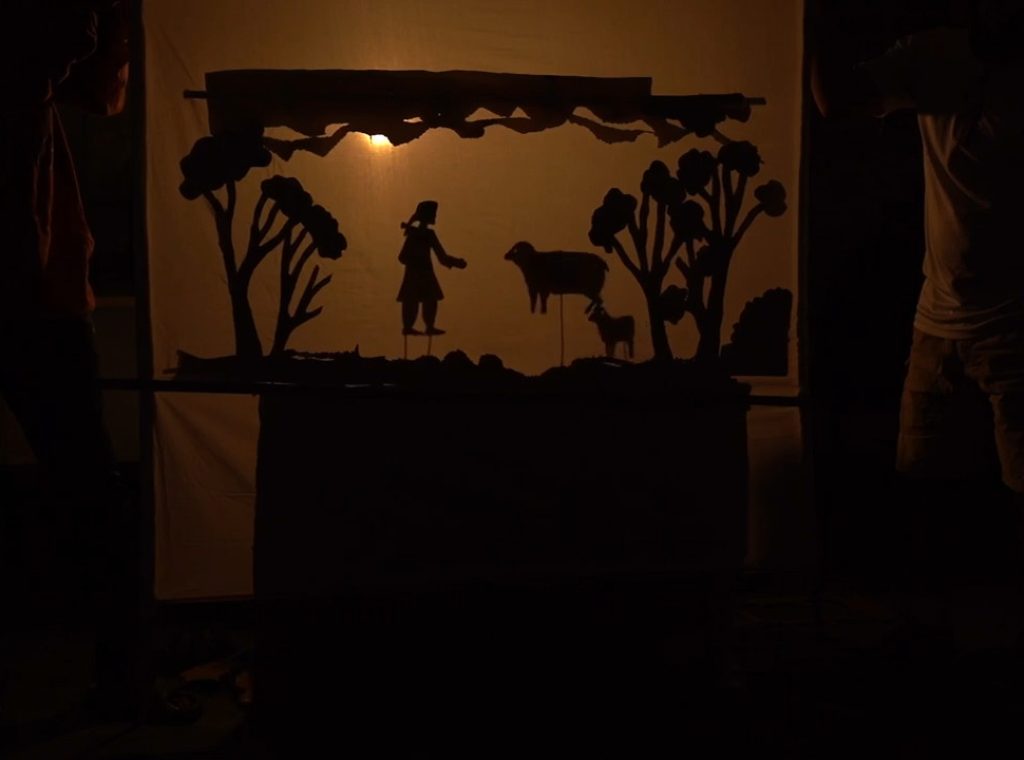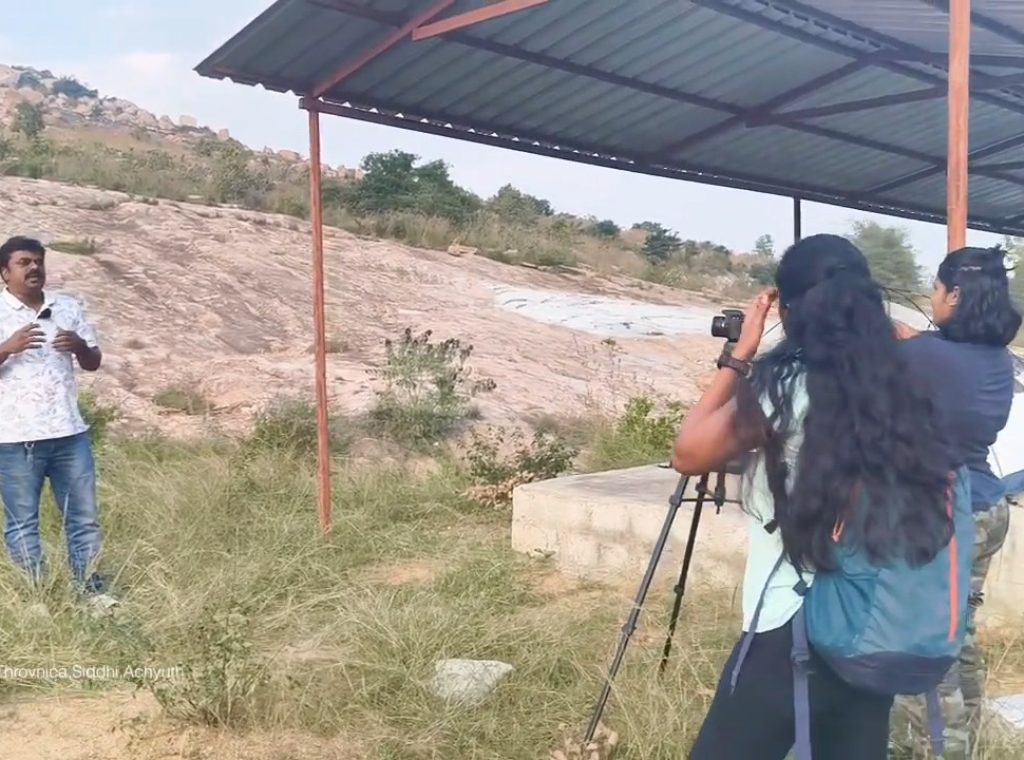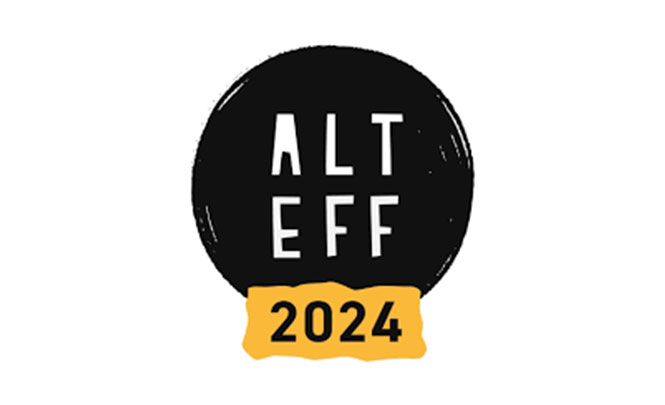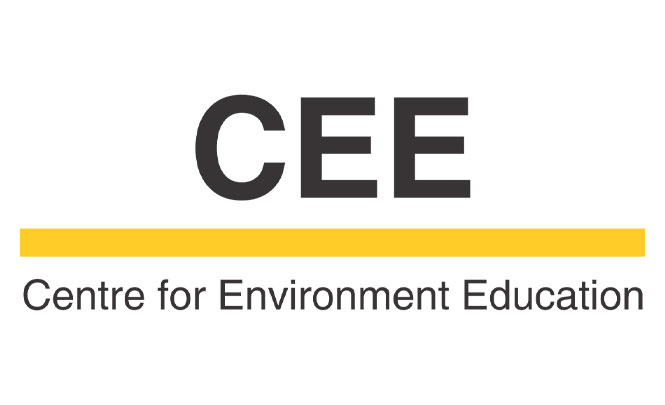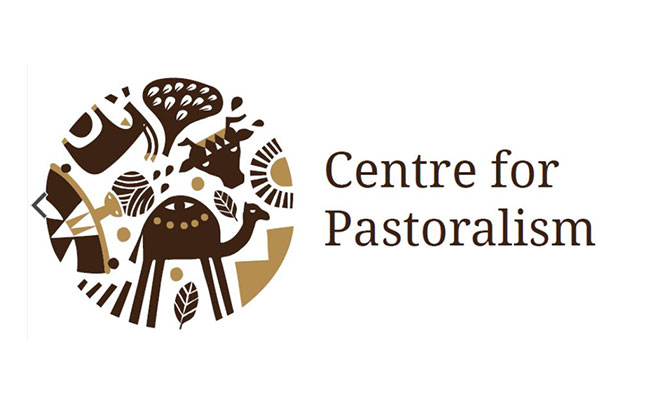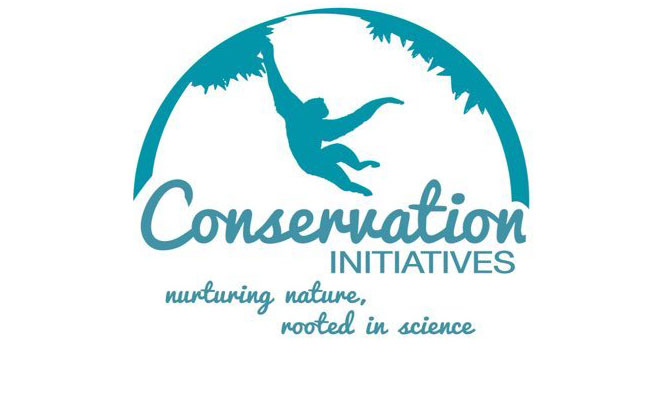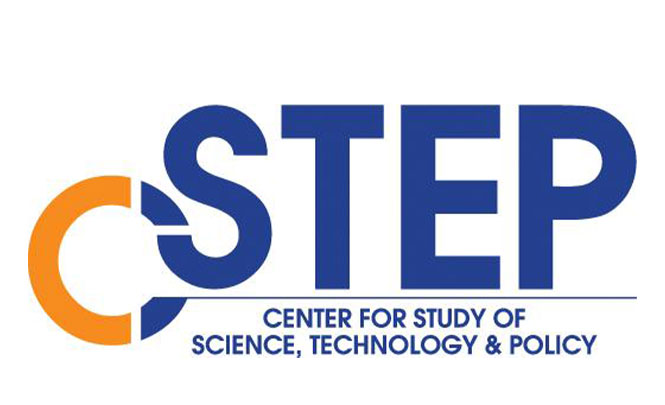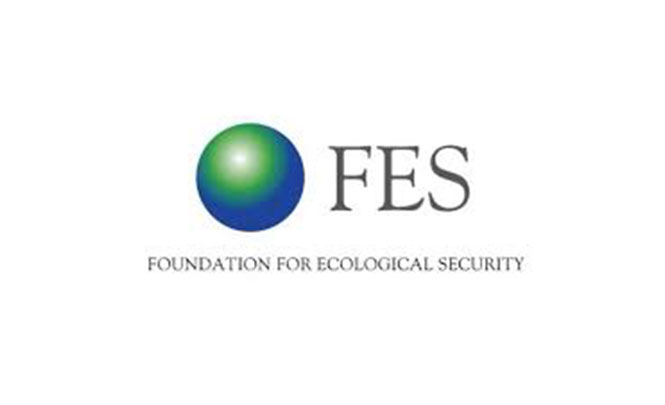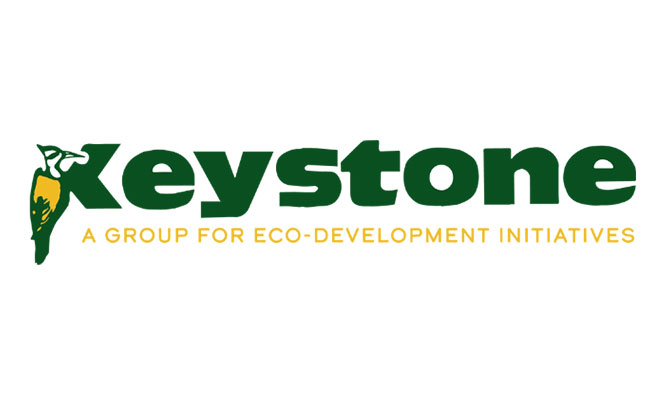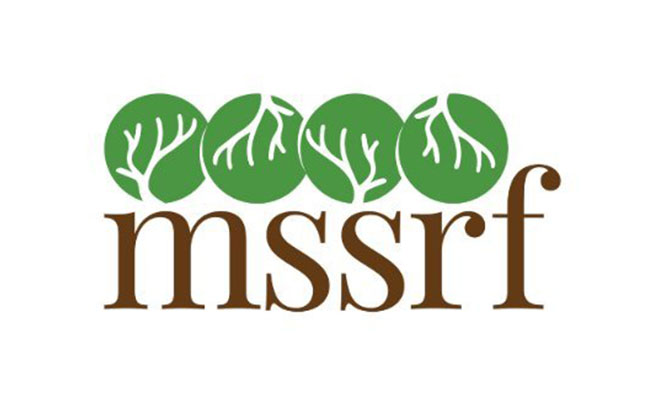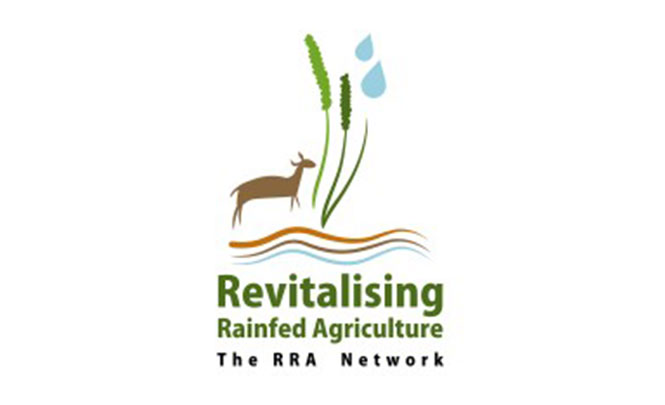The MSc in Environmental Studies (Conservation Practice) programme is designed to develop young environmental leaders with interdisciplinary skills valuable to different sectors. In academic institutions, these graduates will bring a practical perspective to theoretical frameworks. The programme blends pioneering, novel and legacy-driven interdisciplinary and transdisciplinary approaches. The degree is awarded by TDU, a Karnataka Government and UGC-recognised university, designated as a National Centre of Excellence by the Ministry of Environment, Forests, and Climate Change (Government of India).
ADMISSION OPEN FOR 2025-2026 | Last Date : April 12, 2025
Apply Now: MSc Dissertation Fellowships – 2025
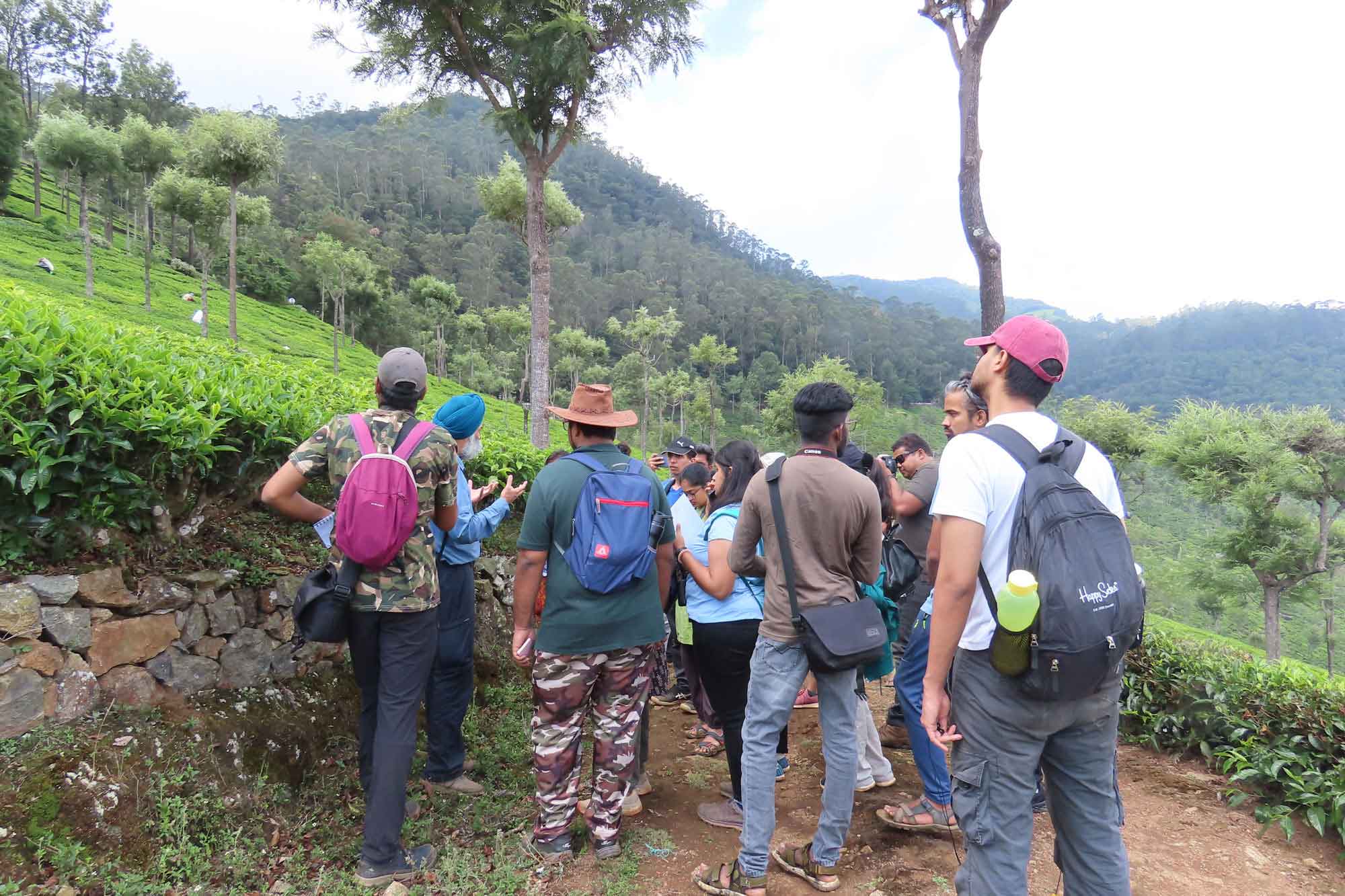
This programme walks the interdisciplinary talk. It straddles various disciplines, such as natural history, ecology, environmental science, economics, sociology and conservation ethics, and combines practical exercises, fieldwork and theoretical discussions in equal measure. Students learn core principles, apply concepts to real-world challenges and develop skills for effective communication and ethical research practices. The programme focuses on conservation skills backed by rigorous socio-ecological knowledge.
The Conservation Practice programme offers undergraduates a career-centric and practice-oriented post-graduation degree. The 82-credit programme comprises 47 credits from three classroom semesters and 35 credits from the fourth (project) semester. For the project semester, students can opt for field-based research or internships and have the opportunity to secure ATREE Ambassador Fellowships, supported by the Terra Master Foundation. The programme provides a unique chance to engage with faculty
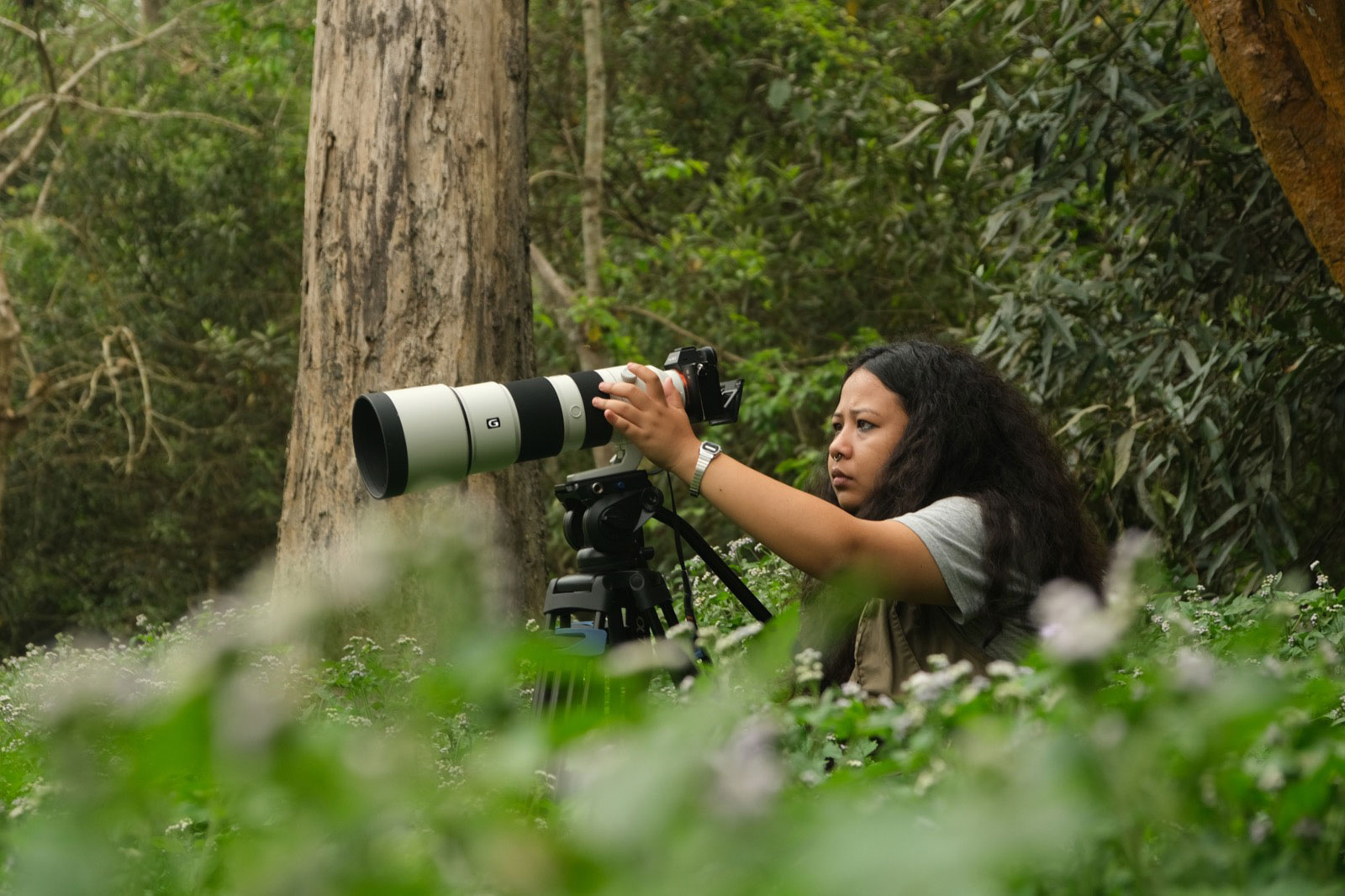
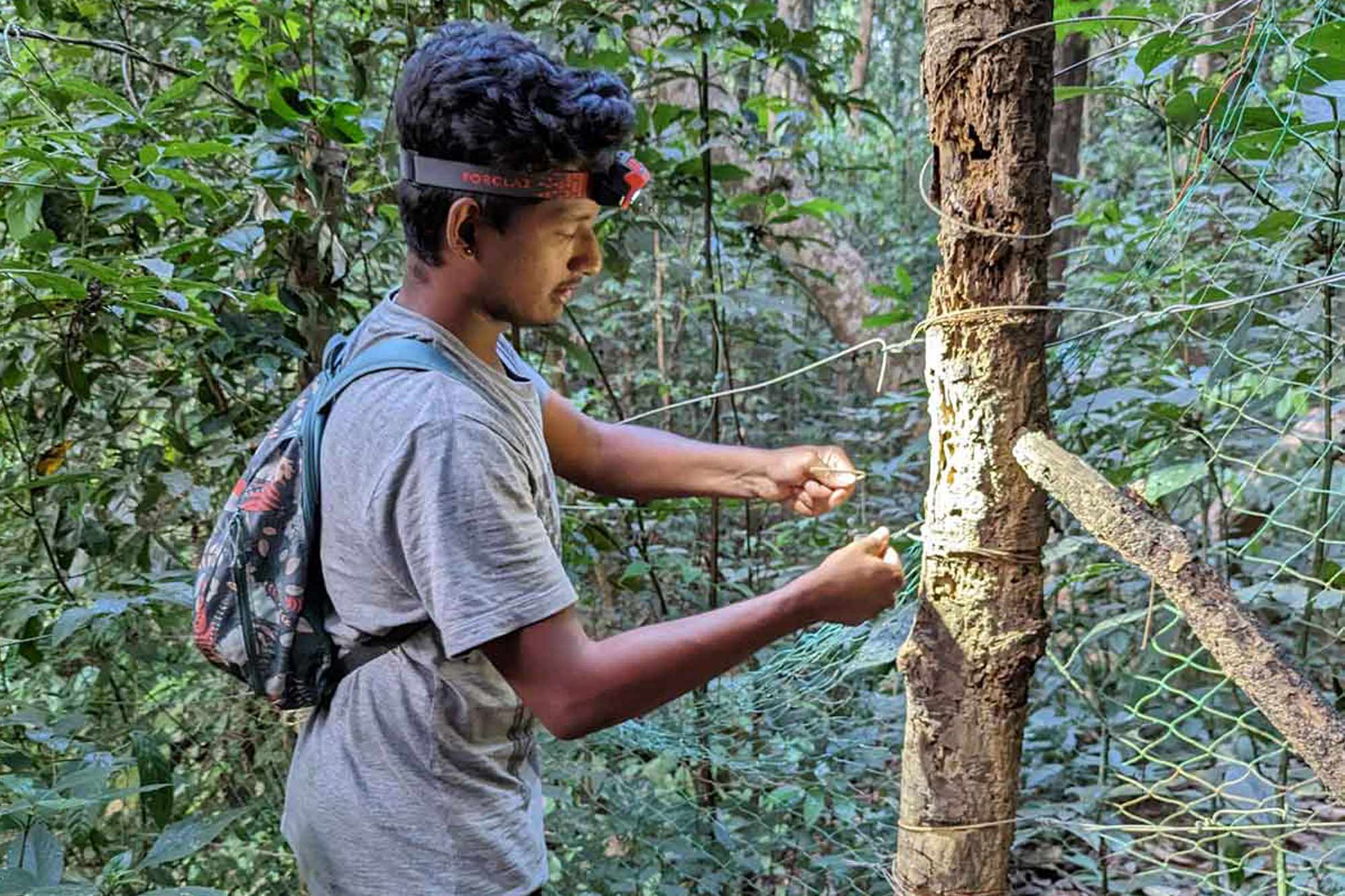
Experiential and immersive group learning is a practical thread that runs through the three semesters, where student groups pursue ‘mini projects’ or sectoral immersions that apply or test concepts, frameworks and methods in the field. Our classrooms, spanning urban and rural areas, also include our Community Conservation Centres, field stations, forest department project sites and ecosystems such as grasslands and wetlands.
The programme prepares students for a wide range of careers in non-governmental organisations (NGOs), corporate social responsibility and sustainability departments, academia and government agencies focused on environmental management and sustainability. Graduates are well-equipped to find employment in both private and public sector organisations involved in conservation and sustainability efforts.
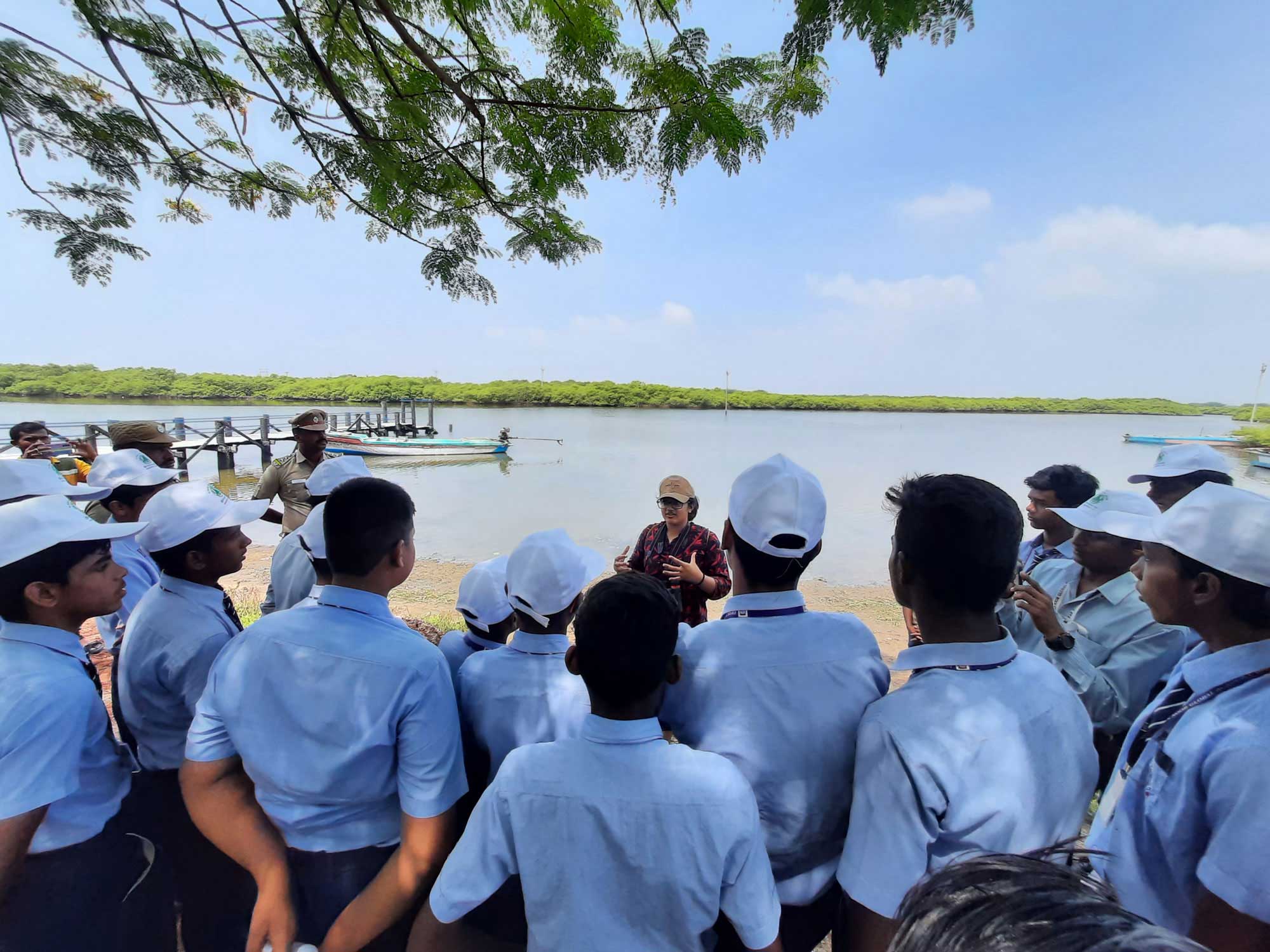
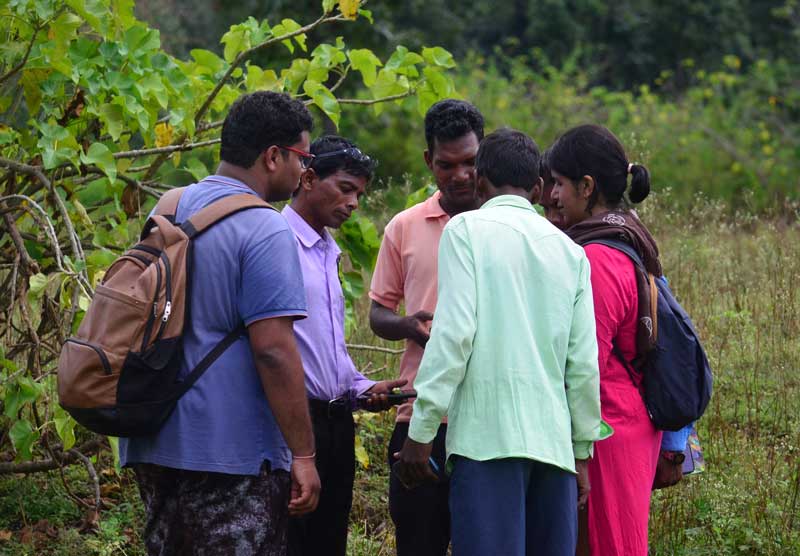
We welcome applicants from diverse backgrounds. We value diversity, gender equity and the representation of minority communities; women and persons from underprivileged groups are especially encouraged to apply. We have limited financial aid for deserving candidates. We also accept applications from international students. Refer model question paper.
